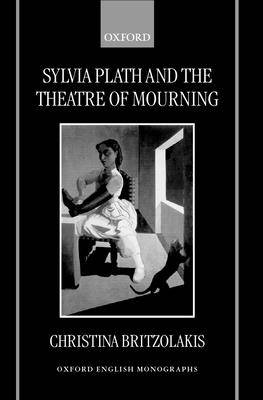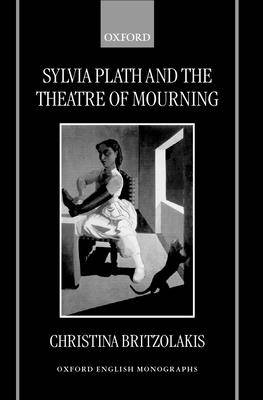
- Afhalen na 1 uur in een winkel met voorraad
- Gratis thuislevering in België vanaf € 30
- Ruim aanbod met 7 miljoen producten
- Afhalen na 1 uur in een winkel met voorraad
- Gratis thuislevering in België vanaf € 30
- Ruim aanbod met 7 miljoen producten
Zoeken
Omschrijving
The history of Plath's reception as a writer has been one of displacements. Biographical speculation, and the controversy surrounding the posthumous publication of her work, have dominated critical debate at the expense of her poetic and fictional achievement. Sylvia Plath and the Theatre of Mourning offers a new framework of interpretation for the texts, which attends to their formal complexity without detaching them either from their historical moment or from contemporary debates about language, gender and subjectivity. Interweaving close reading and theoretical reflection, Britzolakis argues that Plath's poetry constitutes a psychic theatre which makes the work of mourning inseparable from its performance in language, and shows how she engaged with the legacy of modernism to arrive at this distinctive mode.
Specificaties
Betrokkenen
- Auteur(s):
- Uitgeverij:
Inhoud
- Aantal bladzijden:
- 260
- Taal:
- Engels
- Reeks:
Eigenschappen
- Productcode (EAN):
- 9780198183730
- Verschijningsdatum:
- 9/03/2000
- Uitvoering:
- Hardcover
- Formaat:
- Genaaid
- Afmetingen:
- 148 mm x 222 mm
- Gewicht:
- 494 g

Alleen bij Standaard Boekhandel
+ 612 punten op je klantenkaart van Standaard Boekhandel
Beoordelingen
We publiceren alleen reviews die voldoen aan de voorwaarden voor reviews. Bekijk onze voorwaarden voor reviews.











